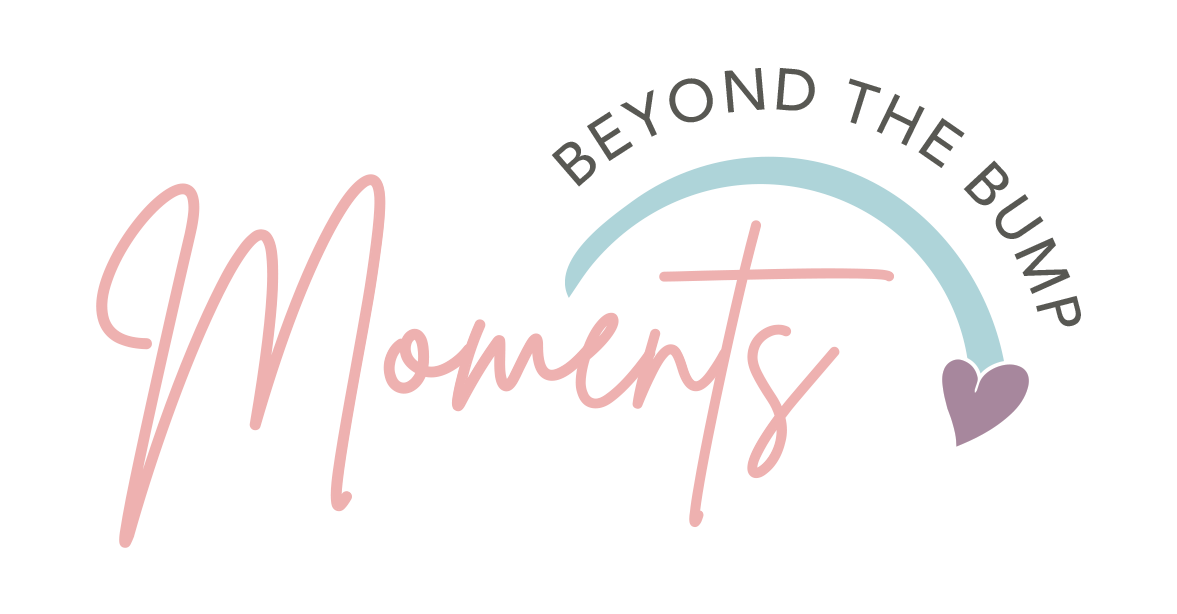The Potty Training Journey FAQs
As we wrap up this month of potty training tips and tricks, many of you have asked fantastic questions throughout the process. Whether you’re nearing the end of your potty training journey or are just starting out, I want to clear up some of the most common concerns and give you the confidence to finish strong. Potty training doesn’t have to be stressful—let’s dive into these frequently asked questions so you can feel supported and prepared as you move forward!
1️⃣ “What if my child isn’t fully trained yet? Am I behind?”
No, you’re not behind! Every child learns at their own pace. Potty training is a journey, not a race. It’s completely normal if your child is still having accidents or resisting at times. Potty training doesn’t have a specific timeline—it’s about progress, not perfection. Some children take a bit longer to fully grasp the concept, and that’s okay! Celebrate the small wins and be patient. Keep doing what you’re doing, and remember: Every small step forward counts. Whether it's staying dry for longer periods, or making it to the potty on time, you're doing great! 🏅
2️⃣ “My child has been doing great with daytime potty training, but still struggles at night. Is that normal?”
Absolutely! Nighttime dryness is often one of the last pieces of the potty training puzzle. It usually takes longer for children to stay dry at night because nighttime potty training involves more than just teaching the physical process—it’s about bladder control. Many kids may not have the ability to stay dry overnight until they’re older, and that’s totally normal. Keep using nighttime diapers or pull-ups until they are ready, and avoid stressing over it. Focus on daytime training first, and allow nighttime dryness to develop in its own time. 🛏️
3️⃣ “What if we experience regression after a few weeks of success?”
Regression is a completely normal part of potty training. Whether it’s after a vacation, starting preschool, or simply due to a big change in routine, regression can happen. It’s important to understand that it’s not a sign of failure—children may temporarily slip back into accidents or resistance as they deal with new experiences or stress. Stay calm, patient, and encouraging. Revisit the basics, keep the process consistent, and be sure to praise every effort, no matter how small. The key is to avoid pressure and to keep the experience as stress-free as possible. 🌈
4️⃣ “What should I do when my child resists using the potty altogether?”
Resistance is common, especially if your child feels pressure or isn’t ready to take the plunge. If your child is refusing to potty train, it’s essential to take a step back. The best thing to do is to stop pushing, and instead, let your child set the pace. Offer gentle encouragement, provide choices, and avoid forcing the issue. Turn potty training into a fun experience with rewards, songs, and books. Make it playful, lighthearted, and full of praise for every step in the right direction. 💕
5️⃣ “How can I make the process more fun and less stressful for both of us?”
Turning potty training into a positive, fun experience is one of the best ways to keep things stress-free. Get creative with rewards like stickers, extra story time, or a special “potty dance.” Use potty training books or songs that engage your child, or create a fun reward chart to celebrate progress. The more enjoyable you can make potty training, the more motivated your child will be to participate. By celebrating the little wins along the way, you’ll both feel more confident and have fun with the process! 🎶📚🎉
6️⃣ “How do I know when my child is ready for potty training?”
Readiness for potty training isn’t based on age—it’s all about signs that your child is mentally and physically prepared. Look for these readiness signs:
Staying dry for longer periods (at least two hours)
Showing interest in using the potty or imitating adult bathroom habits
Being able to follow simple instructions
Having regular bowel movements or showing awareness when they need to go
Once you see these signs, your child is likely ready to start the potty training process. If you start before your child is ready, you might face more resistance and frustration, so it's worth waiting until they show interest and readiness. 🌟
7️⃣ “What if I’m feeling frustrated and losing my patience?”
First and foremost, it’s completely normal to feel frustrated during potty training. It’s a big change for both you and your child, and it’s a learning experience. If you’re feeling overwhelmed, take a deep breath and remind yourself that this is a process. Give yourself some grace and take breaks if needed. The important thing is to stay calm and positive for your child. They will sense your energy, and maintaining a calm and patient approach will help them stay confident. If things get really tough, try stepping away for a bit—perhaps offer some praise for small steps or even take a breather. You’re doing your best, and that’s enough! 💖
Final Thoughts: You’ve Got This!
Potty training is a big milestone, and while it may not always be smooth sailing, remember that every step forward is a victory. Celebrate the milestones, however small, and trust the process. Your child is learning, growing, and mastering an important skill, and you’re guiding them every step of the way.
Be patient with yourself, too. Potty training is as much a learning process for you as it is for your child. So take a moment to reflect on how far you’ve come, celebrate your wins, and keep pushing forward.
Need more support or guidance? Drop your questions in the comments below! I’m here to help you navigate the ups and downs of potty training, and together, we’ll make this journey as smooth as possible.
#PottyTrainingJourney #PottyTrainingFAQ #ParentingSupport #TrustTheProcess #PottyTrainingSuccess
